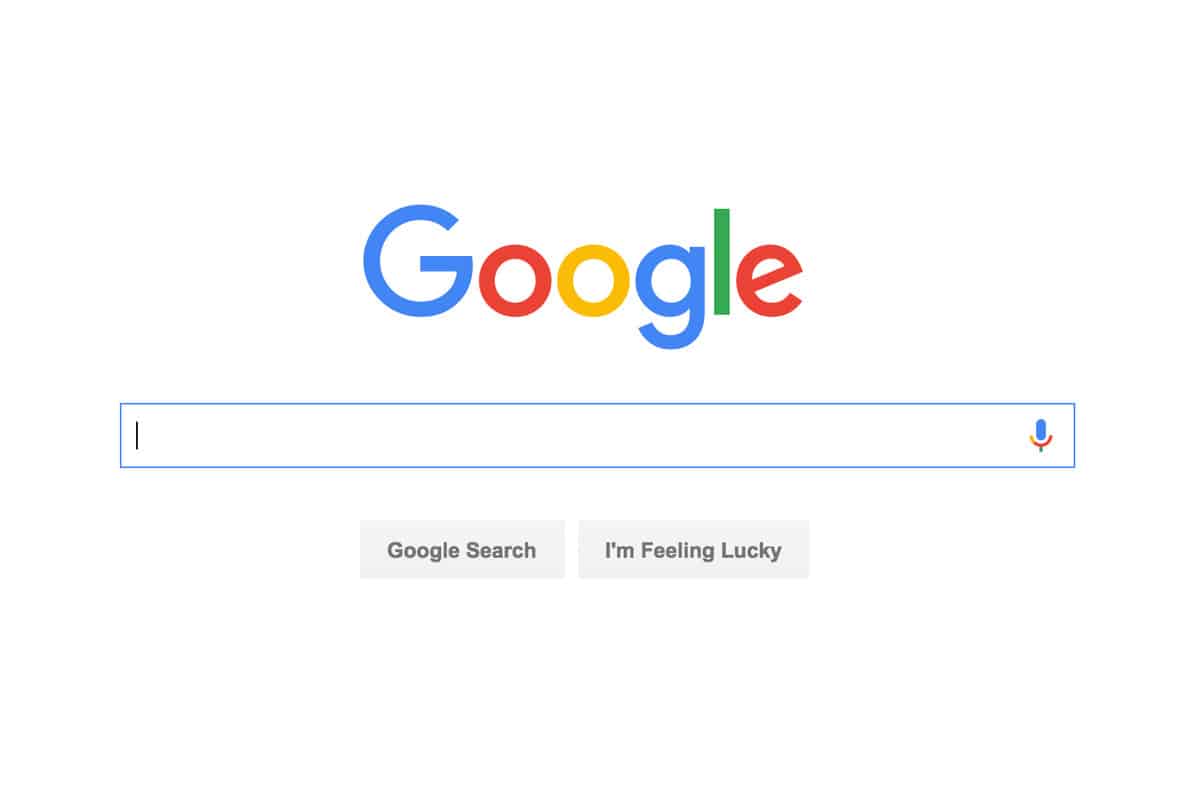Emotional Abuse
What is emotional abuse?
Emotional abuse is any type of abuse that involves the continual emotional mistreatment of a child. It’s sometimes called psychological abuse. Emotional abuse can involve deliberately trying to scare, humiliate, isolate, or ignore a child.
Emotional abuse is often a part of other kinds of abuse, which means it can be difficult to spot the signs or tell the difference, though it can also happen on its own.
Types of emotional abuse
Emotional abuse includes:
humiliating or constantly criticising a child
threatening, shouting at a child or calling them names
making the child the subject of jokes, or using sarcasm to hurt a child
blaming and scapegoating
making a child perform degrading acts
not recognising a child’s own individuality or trying to control their lives
pushing a child too hard or not recognising their limitations
exposing a child to upsetting events or situations, like domestic abuse or drug taking
failing to promote a child’s social development
not allowing them to have friends
persistently ignoring them
being absent
manipulating a child
never saying anything kind, expressing positive feelings or congratulating a child on successes
never showing any emotions in interactions with a child, also known as emotional neglect.
Signs of emotional abuse
There might not be any obvious physical signs of emotional abuse or neglect, and a child might not tell anyone what’s happening until they reach a crisis point. That’s why it’s important to look out for signs in how a child is acting.
As children grow up, their emotions change. This means it can be difficult to tell if they’re being emotionally abused. But children who are being emotionally abused might:
seem unconfident or lack self-assurance
struggle to control their emotions
have difficulty making or maintaining relationships
act in a way that’s inappropriate for their age.
Explore further
Key downloads

